You are viewing the article What is Server? How many types of servers are there and what role do they play? at Lassho.edu.vn you can quickly access the necessary information in the table of contents of the article below.
Currently, to operate an information technology system of an enterprise, it is necessary to have a stable and powerful server to connect computers together. So do you know what a server is? Let’s find out with lassho.edu.vn through the following article.
What is Server?
Server – a server is a computer or a system of computers designed with many outstanding features, using different operating systems and software compared to ordinary machines. Servers are capable of storing and processing a huge amount of information.
Servers have the function of storing and providing information sent or downloaded by clients. All applications, websites, games … on the internet must go through a server to be able to operate.
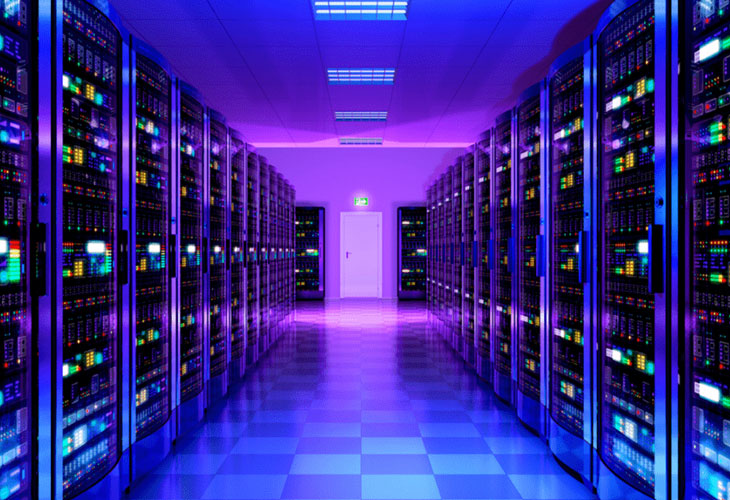
Server can be present everywhere and we are using it every day. Because all applications, websites, or internal computer systems in a company want to connect and work, they must go through a specific server.
Therefore, the server is also the foundation of services on the internet . When you access the computer network at the company, surf the web, download applications, or play games on the internet… that means your computer or smartphone is connecting to a server.
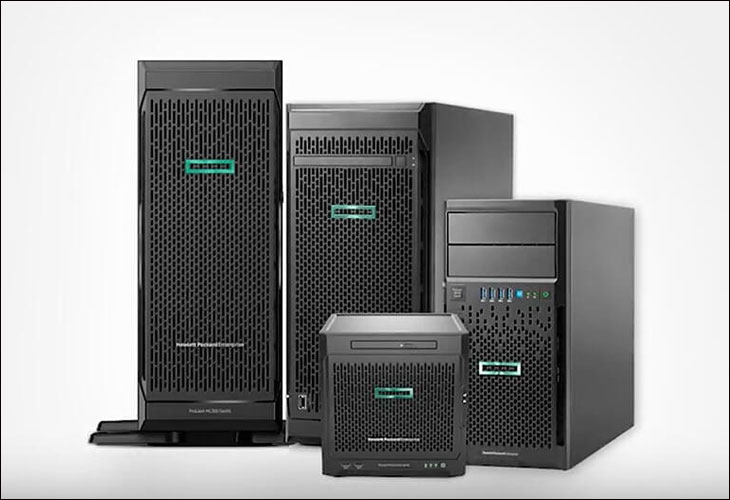
Server classification
According to the method of building a server system
- Physical servers (Dedicated Servers) : are servers that use specialized software, they can have many CPUs, many RAM sticks and use hard drives with extremely large capacity up to several hundred TB. Famous server manufacturers include: IBM, HP, Dell…
- Virtual Servers (VPS) : are types of servers built using virtualization, creating multiple virtual machines from a single physical server. These virtual servers use data sources from the physical server, they also have similar functions or may be partially limited compared to the physical servers.

Functionally
Database servers (database server) : is a server with the function of storing all kinds of websites, data, information… These servers are installed with database management software, to manage and respond to search results on the client (user).
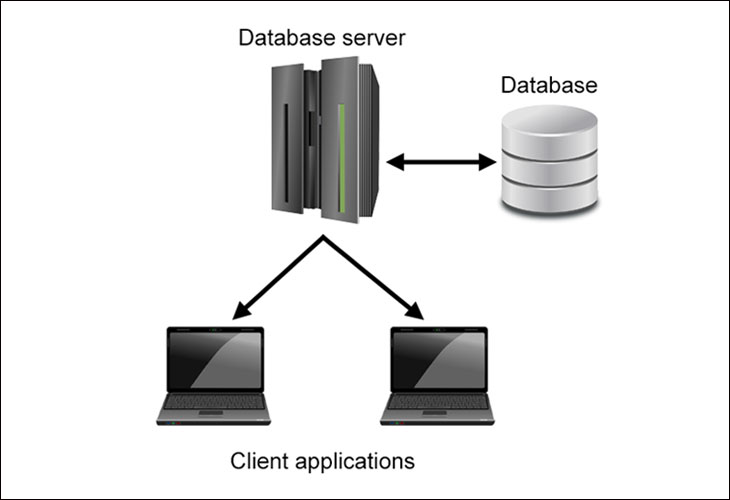
File servers (file servers) : are a host computer connected to the network, they provide space for users to store and share documents of all kinds (text, audio, images). File servers can store file types such as: Google Drive, Dropbox or Microsoft One Drive.
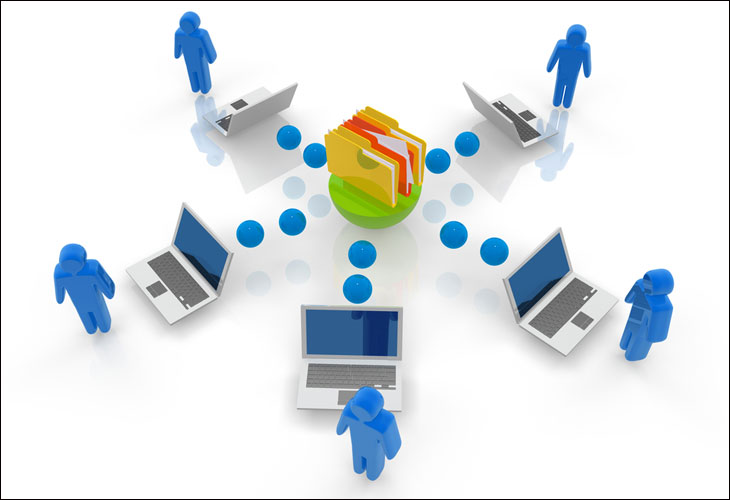
Mail servers : is a system of servers that send and receive electronic mail (email), they have their own configuration according to the name of the user unit (eg business name). This type of server has a high ability to recover data, ensuring safety.
Print servers : is a piece of software or a network device that is responsible for sending and managing various types of data waiting to be printed. In other words, the print server is an intermediary, helping to connect the computer to the printer as quickly as possible.
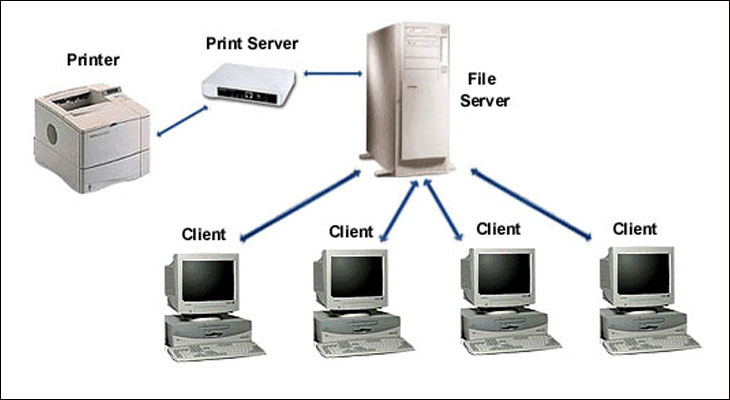
Web server (web server ): is a system that hosts many different web pages. A web server connected to a high-speed internet that provides access to web pages to clients when users search for information on the network.
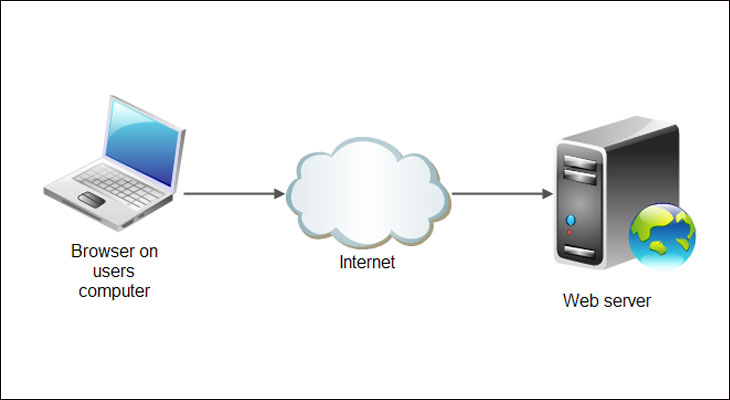
Game servers : is a server system used to store game data, source code, and programs related to that game. This server is responsible for transmitting data to the clients, ensuring the most accurate game versions are displayed to the players.
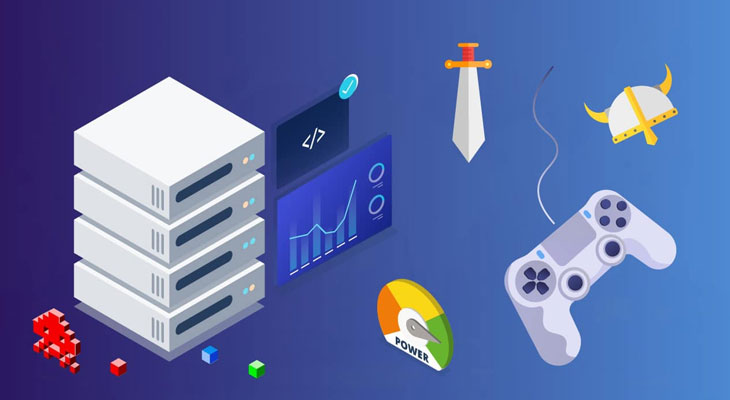
Application servers : is a server that provides applications for devices such as computers, laptops, smartphones, etc., via the internet. This type of server can also provide an environment for multiple applications to work at the same time.
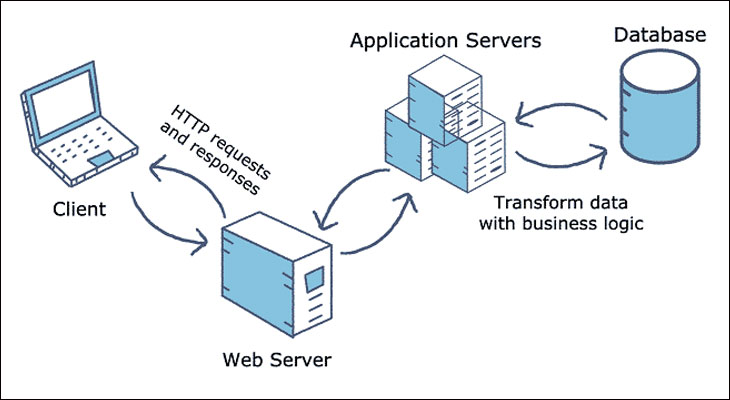
Server’s role
| Server type | Role |
| Database servers (database servers) | Provides access control features, with more security features for visitor information. In addition, Database servers also create an environment where multiple users can access the database at the same time. |
| File servers (file servers) |
Having the role of providing data storage space for users to upload, and making data available when needed. This data can be limited internally via LAN or more extended to the internet. |
| Mail servers (Mail servers) |
Help users send and receive email over the internet with the domain name of the company or organization . Ensure information safety with automatic backup capabilities, as well as limit messages containing spam or virus content. |
| Print servers | Share data to print to one or more different printers in the same system. Avoid the hassle of connecting printers, saving more printing time. |
| Web servers (web servers) | Play the role of storing, processing and providing information on websites for personal computers or phones, laptops… continuously 24/24 via LAN or internet. |
| Game servers (game servers) | Provide data as well as environment to enable users to use personal computers or other devices to play games on the website. |
| Application servers (application servers) | Acts as a storage medium and provides data for applications . Help applications can be upgraded and updated when necessary, in accordance with the needs of use. |
Benefits of using a server
Because the server is the core foundation of all activities on the internet, when individuals or businesses use the server, they will receive many benefits such as:
- Easy to search and retrieve data : users can easily access the server’s data store anywhere and anytime as long as there is an internet connection. Because the data is always managed and stored by a certain server.
- Optimal data security : servers are equipped with many advanced technologies, protecting information safely against network attacks or unexpected damage.
- 24/7 continuous operation, powerful performance : the servers are equipped with modern, high-performance components, ensuring durable operation. Besides, many servers also have the ability to predict the impending problem to fix it soon.

When to use the server?
Server is an indispensable part for an information technology system to work well, in some cases it is necessary to use a server such as:
- Businesses have a need to store a large amount of data, and at the same time must ensure the security and safety of the data.
- Businesses or individuals want to build and operate a heavy website that requires a stable connection, as well as a desire to place servers in data centers that meet international standards.
- When businesses want to expand the hardware for more convenient use in the future.
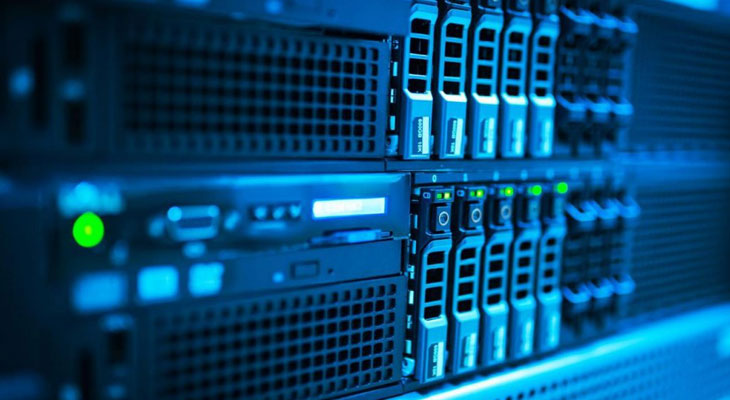
lassho.edu.vn has just sent you an article explaining what a server is. If you still have any questions, please leave a comment for support and advice!
Thank you for reading this post What is Server? How many types of servers are there and what role do they play? at Lassho.edu.vn You can comment, see more related articles below and hope to help you with interesting information.
Related Search: